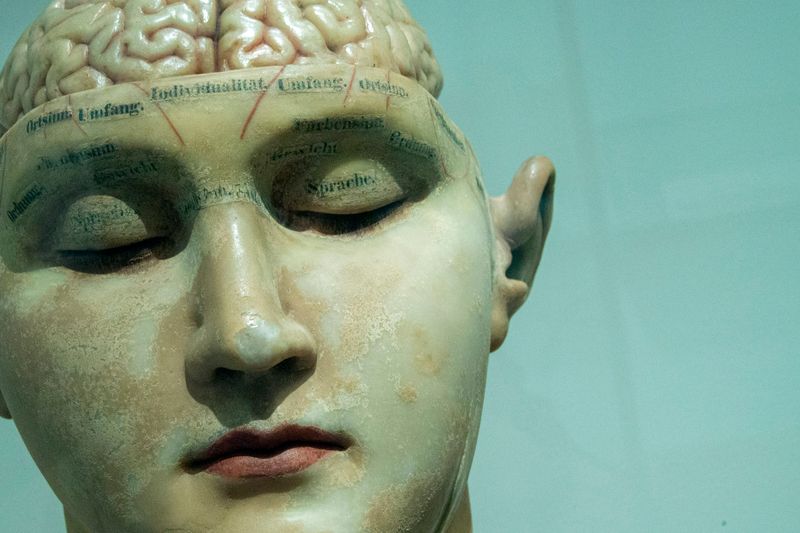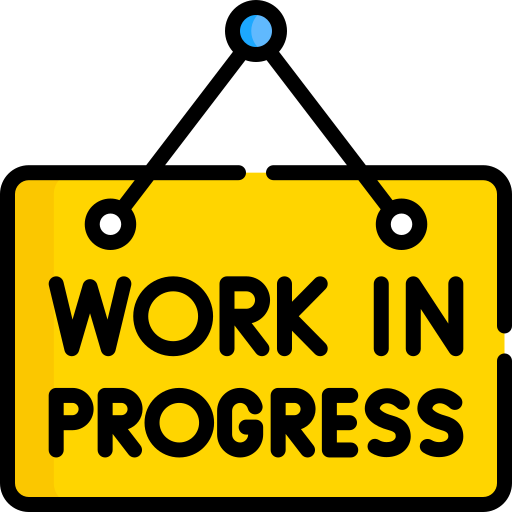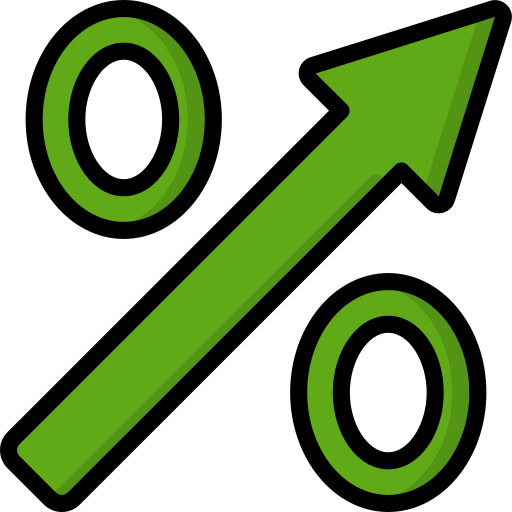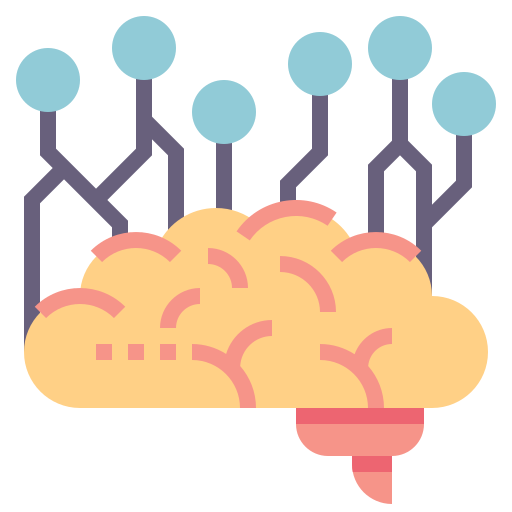Did you know that your brain is the most complex structure known to modern science?
 Photo by David Matos on Unsplash
Photo by David Matos on UnsplashThe main goal of Neuroscience is to understand how human brain and other parts of human nervous system work. Professionals use neuroscience knowledge in different fields like: psychology, medicine/healthcare, artificial Intelligence, and education.
If you'd like a career in science, healthcare, or research, a degree in neuroscience is your first step forward.
What is neuroscience?
Among other questions, neuroscience explores:
How the nervous system — the command center of a human body— manages an organism
How the work of the brain affects behavior and well-being
How nervous system dysfunction can lead to health problems
Watch the video below to learn more from a neuroscientist:
Quiz
If you choose to study neuroscience at college, what subjects can prepare you? Choose all that apply:
Why study neuroscience?
 Photo by Oyemike Princewill on Unsplash
Photo by Oyemike Princewill on UnsplashYou'll enjoy studying neuroscience if you:
Like biology and chemistry
Are curious to know how the mind works
Want to know how to better your memory
Enjoy researching and exploring how the brain works
Want to become a doctor and help people who suffer from strokes or other neurological diseases

Neuroscience knowledge can also help in your everyday life with:
Making better decisions
Improving your learning
Understanding how people think and behave
Quiz
Maria likes music. She hates mathematics and chemistry. She doesn't like working in the lab. She likes to create paintings. Should she study neuroscience?
What can you do with a neuroscience degree?

Which professions can involve neuroscience?
Knowledge of neuroscience is required in many jobs:
Neurologist
Neurosurgeon
Neuroscience researcher
Behavioral therapist
Cognitive study researcher
Mental health therapist
A few facts about the field of neuroscience:

"The demand for neuroscientists is expected to grow in the US by 6% by 2031."

The average pay rate for a neuroscientist in the US is $61/hour.
It's also a great opportunity for young women! Watch the video below for a neurology professor's explanation:
How can you prepare yourself for a neuroscience degree?
If you're a high school student and want to study neuroscience in college:
Focus on mathematics, biology, and chemistry
Check out free online courses to get a feel for what your studies can look like (see the links in the "Take Action" section below)
Find a teacher or local professor in the field who can guide you
Look for summer camps focused on neuroscience that can provide you with the first experience and insights of the field
 Photo by Mike Erskine on Unsplash
Photo by Mike Erskine on UnsplashA neuroscience major can provide you with a deep understanding of the subject, you will be involved in in a lot research and will have to practice your skills during the internship period
Listen to a neuroscience major student talk about her experience at college in the video below:
A neuroscience minor will be a great supplement to many major programs including psychology, computer science, humanities, and art.
To be successful in a neuroscience program, use these effective strategies:
Develop your interest in the the field
Study consistently
Seek help from professionals and mentors
Be organized and focused
Have breaks, socialize with friends and family, and do your favorite activities to recharge
Quiz
Imagine you're in your first year of your neuroscience degree. What will help you be successful in your studies? Choose all that apply:
Take Action

Learn more about neuroscience degrees:
Your feedback matters to us.
This Byte helped me better understand the topic.
